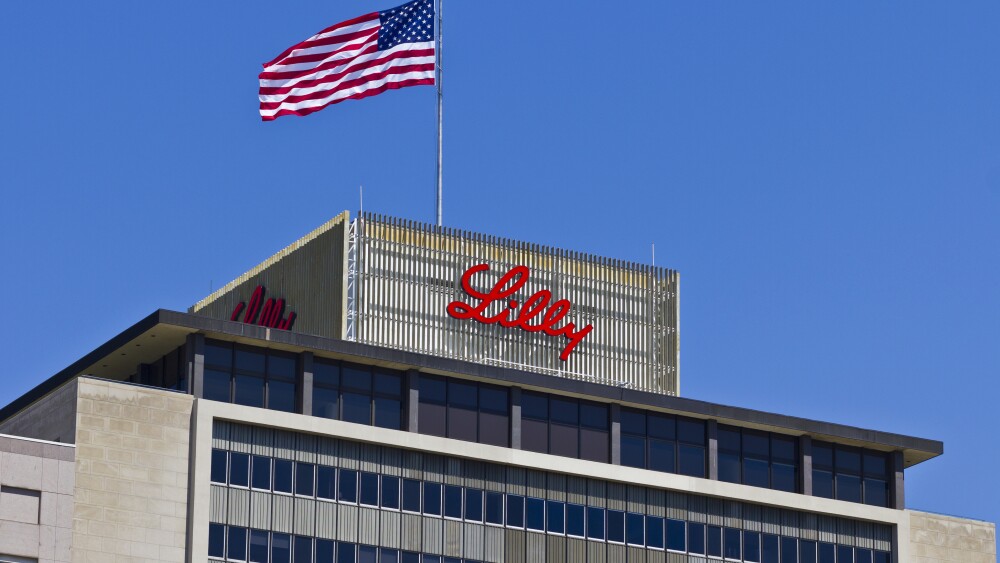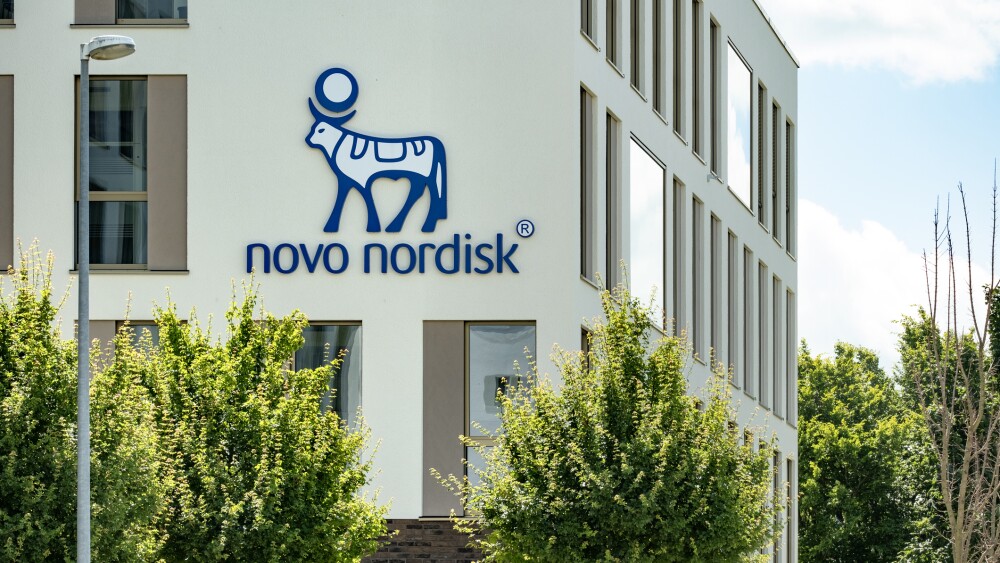Target responses were sustained over time in newly diagnosed and imatinib-resistant or -intolerant pediatric patients and treatment safety profile was comparable to that in adult patients
Largest prospective trial in pediatric chronic myeloid leukemia in chronic phase includes first formulation specifically developed for pediatric population
PRINCETON, N.J.--(BUSINESS WIRE)--Bristol-Myers Squibb Company (NYSE: BMY) today announced the first presentation of data from two cohorts of the Phase 2 CA180-226 clinical trial evaluating Sprycel (dasatinib) in imatinib-resistant or -intolerant (R/I to IM) and newly diagnosed (ND) pediatric patients with chronic phase chronic myeloid leukemia.
“The time to and duration of responses along with the safety profile for patients studied suggest dasatinib could become an important option for pediatric patients with chronic phase CML.”
At minimum two-year follow-up, patients with CP-CML resistant to or intolerant of imatinib who received Sprycel demonstrated a cumulative major cytogenetic response (MCyR) rate of 55.2% (95% CI: 36, 74) 3 months into treatment, exceeding the defined threshold of clinical interest (>30%) for the primary endpoint of the cohort and increasing over time to greater than 90% (95% CI: 73, 98) at 24 months. Newly diagnosed patients with CP-CML, who received Sprycel orally or as powder for oral suspension (PFOS) once daily, achieved a cumulative complete cytogenetic response (CCyR) rate, the primary endpoint in the cohort, of 64% (95% CI: 53, 74) as early as 6 months into treatment, exceeding the defined threshold of clinical interest (>55%) and increasing over time to 94% (95% CI: 87, 98) at 24 months. The median durations of response were not estimable, or not yet reached, in each cohort at the time of follow-up (95% CI, R/I to IM: NE [54.9, NE]; ND: NE [49.9, NE]).
The secondary endpoint of estimated progression-free survival (PFS) at 48 months was greater than 75% for patients resistant to or intolerant of imatinib and greater than 90% for patients newly diagnosed with CP-CML. Sprycel was shown to have a comparable safety profile in pediatric patients with CP-CML to that reported in adults with CP-CML. In this study, there were no reported events of pleural/pericardial effusion, pulmonary edema/hypertension or pulmonary arterial hypertension related to Sprycel.
“Treatments for children and adolescents with newly diagnosed CML in chronic phase are limited, and even more so for those resistant to or intolerant of imatinib,” said Lia Gore, MD, University of Colorado School of Medicine and Children’s Hospital of Colorado. “The time to and duration of responses along with the safety profile for patients studied suggest dasatinib could become an important option for pediatric patients with chronic phase CML.”
These data will be presented today in the Pediatric Oncology II Oral Session from 8:24 to 8:36 a.m. CDT during the American Society of Clinical Oncology (ASCO) Annual Meeting 2017 in Chicago.
“Chronic myeloid leukemia in pediatric patients is rare, making it difficult to study, and is often more aggressive in children and young adults,” said Jonathan Leith, PhD, hematology development lead, Bristol-Myers Squibb. “As part of our commitment to advance new treatment options for pediatric cancer patients, this study was designed to evaluate the potential for Sprycel to address unmet needs for those with chronic phase CML, including a formulation developed specifically for children. The results demonstrate promising efficacy and safety in the first- and second-line settings.”




